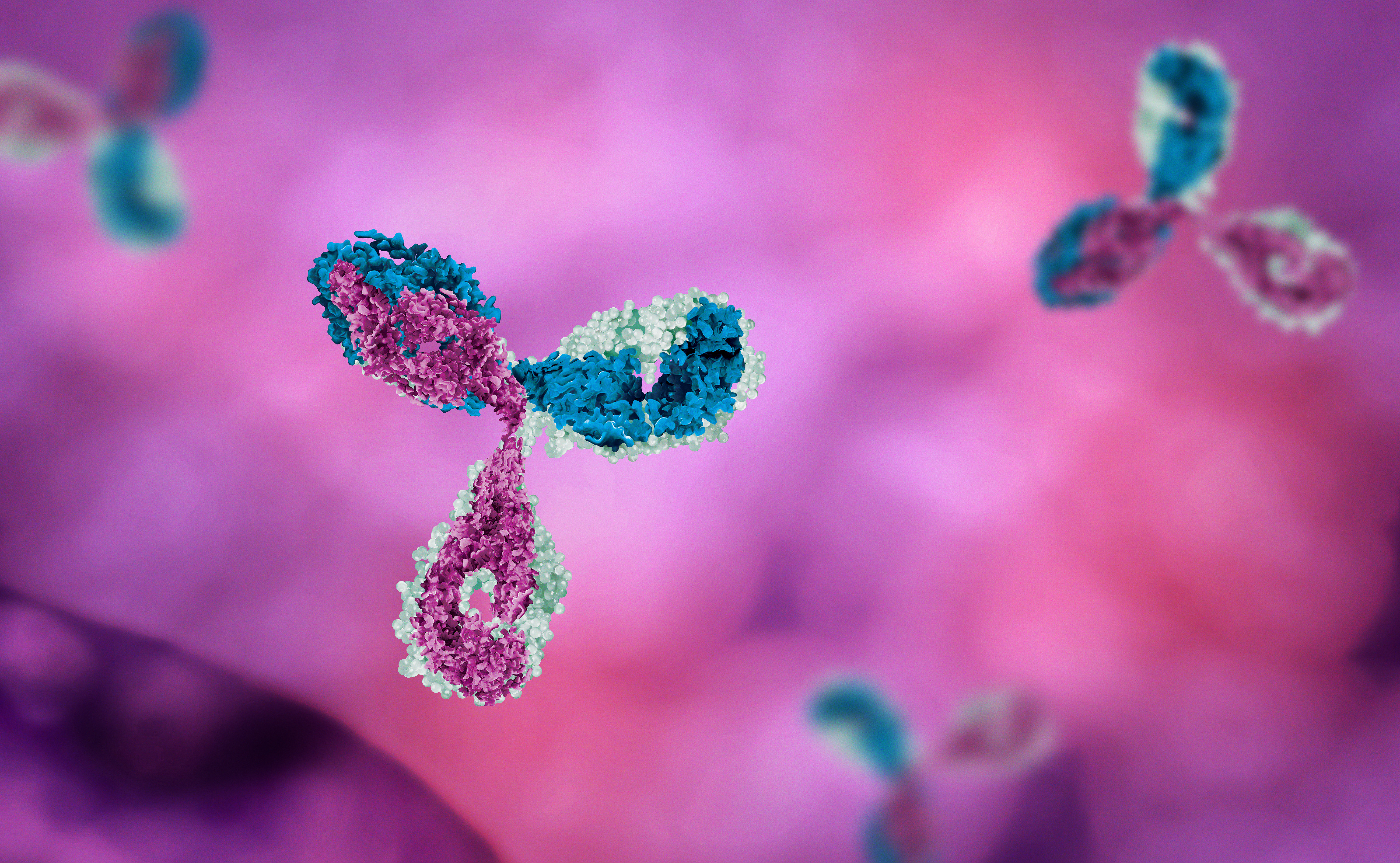
Moderna and Merck announced in a mid-December 2022 press release that its mRNA cancer vaccine mRNA-4157/V940 in combination with the immune checkpoint inhibitor pembrolizumab had met its primary end point in a clinical trial for the treatment of melanoma.
In the Phase 2b clinical trial, patients with stage III/IV melanoma were treated after surgical tumour removal with either a combination of mRNA-4157/V940 and the anti-PD-1 antibody pembrolizumab or with pembrolizumab alone. Patients treated with the combination of mRNA-4157/V940 and pembrolizumab showed a statistically significant improvement in the recurrence-free survival (RFS) compared with patients treated with pembrolizumab alone. The risk of recurrence or death was found to be reduced by 44% by the combination compared to pembrolizumab alone.
This is the first demonstration of the efficacy of an mRNA cancer vaccine in a clinical trial.
Success of SARS-CoV-2 vaccines
Although research into RNA vaccines dates back over 30 years, mRNA vaccine technology was propelled into the spotlight by the SARS-CoV-2 pandemic. Two of the principal SARS-CoV-2 vaccines, Moderna’s mRNA-1273 and Pfizer/BioNTech’s tozinameran, were based on mRNA technology and both proved to be highly effective against viral infection, displaying 90 to 95% efficacy.
The success of these SARS-CoV-2 vaccines generated considerable interest in mRNA vaccine technology more generally, in particular for the treatment of cancer. The founders of BioNTech were recently quoted in the British press as saying that mRNA vaccines would be available for use in cancer patients before 2030, and this Moderna/Merck trial confirms this promise. More clinical trials using mRNA vaccines against different forms of cancer are likely to follow on from these encouraging initial findings.
mRNA vaccines contain a single synthetic messenger ribonucleic acid molecule (mRNA) that encodes the antigen against which an immune response is desired. Following administration of the vaccine, the mRNA is translated into protein antigen in host cells. Peptide fragments of this protein antigen are then displayed on the surface of the cells and generate an immune response that targets the protein antigen. One key advantage of the use of mRNA in a vaccine is that mRNA molecules can be synthesised with sufficient length to encode full-length antigens rather than just individual peptide fragments of the antigen. Expression of the full-length antigen allows cells within the patient to simultaneously present multiple different peptide fragments from the antigen, allowing the generation of a more robust immune response. This was demonstrated by the efficacy shown by the SARS-CoV-2 mRNA vaccines, which contained synthetic mRNA molecules encoded the full-length spike antigen from the surface of the SARS-CoV-2 virus.
Chemical synthesis
The ability to chemically synthesise long synthetic mRNA molecules allows single mRNA vaccines to encode more than one antigen. This improves the chances of eliciting effective immune responses and is particularly useful in a cancer vaccine because it allows the simultaneous delivery of many different tumour associated antigens that might be displayed by the cancer cells in a patient. For example, the mRNA-4157/V940 mRNA vaccine encodes up to 34 different tumour antigens.
Chemical synthesis allows mRNA molecules to be produced that encode any antigen. This means that mRNA vaccines can be made specific to an individual patient. This firstly requires the antigens that are expressed by cancer cells in an individual cancer patient to be identified, typically by sequencing DNA from the patient’s tumour. A synthetic mRNA molecule can then be designed and synthesised that specifically targets those antigens. The mRNA vaccine is thus personalised to the cancer patient and generates an immune response that specifically targets the cancer cells in that patient. For example, the production of each individual mRNA-4157/V940 vaccine used in the Phase 2b clinical trial involved the identification of a mutational signature characteristic of the DNA sequences within a patient’s tumour. The sequence of the mRNA molecule within the mRNA-4157/V940 vaccine for that patient was then synthesised using this mutational signature. Each mRNA-4157/V940 vaccine is therefore specific to the patient for whom it was designed.
This personalised approach is made feasible by the relative speed at which mRNA molecules can be chemically synthesised, which minimises the time from biopsy of a patient’s tumour to administration of mRNA vaccine to the patient. This speed was demonstrated by the rapidity of the development of SARS-CoV-2 mRNA vaccines in 2020-21 following the public disclosure of the sequence of the SARS-CoV-2 virus.
Significant obstacles
Despite showing efficacy in this Phase 2b trial, the widespread use of personalised mRNA vaccines for cancer treatment faces significant obstacles. In particular, considerable supporting infrastructure needs to be in place to handle at scale the sequencing of tumour cells, synthesis of mRNA molecules and the formulation of vaccines formulation required to design and produce mRNA cancer vaccines that are personalised to each individual patient. This infrastructure may require significant investment.
Other vaccine modalities can potentially avoid these obstacles. For example, vaccines based on oncolytic viruses may allow the generation of in situ anti-tumour immune responses specific to an individual patient without the need to personalise the vaccine itself. This approach has already been shown to be effective in some cancers.
Cancer vaccines offer the exciting possibility of harnessing the patient’s immune system to fight against their cancer. However, it remains to be seen which cancers can be treated most effectively and whether mRNA vaccines or other modalities will be able to provide the most effective treatment at scale.
Nick is a Partner, Patent Attorney and Litigator at Mewburn Ellis. He works across the full range of patent activity in the life sciences sector, from pre-drafting advice and drafting of applications to worldwide portfolio management, prosecution and appeal. Nick is also experienced in defensive and offensive European oppositions and due diligence work.
Email: nick.sutcliffe@mewburn.com
Sign up to our newsletter: Forward - news, insights and features
Our people
Our IP specialists work at all stage of the IP life cycle and provide strategic advice about patent, trade mark and registered designs, as well as any IP-related disputes and legal and commercial requirements.
Our peopleContact Us
We have an easily-accessible office in central London, as well as a number of regional offices throughout the UK and an office in Munich, Germany. We’d love to hear from you, so please get in touch.
Get in touch

